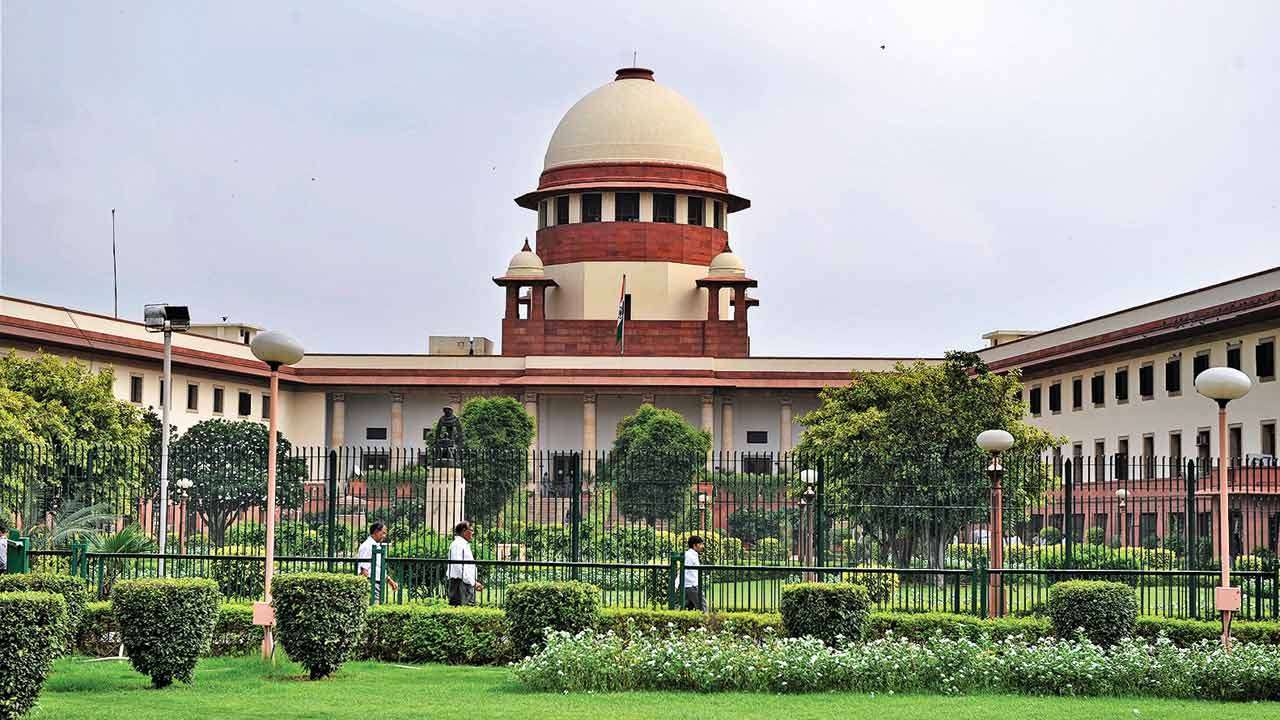The concept of reservations in India is probably one of the most controversial policies in the history of independent India. Some may believe that is essential for the realisation of Equality for all; others may believe it does not help the people who need such help but are of the opinion that it is widely misused. Recently, a 3-judge bench of the Supreme Court of India opined that “Reservation is not a fundamental right”. To understand this, the legal position and the allowances given under part III of the Indian Constitution, concerning fundamental rights would have to be discussed in detail.
Reservations in consonance with fundamental rights-
Article 14 of the Indian Constitution grants to every person equality before the law. However, this law does not necessarily mean every person is equal, in the sense that some people may be more disadvantaged than others, who may need specific provisions to uplift them, and instead aims to treat every equal individual of the same class as equal, essentially meaning that “equals should be treated equally1″.
Articles 15 and 16 of the Constitution of India further complement article 14, wherein
- Article 15 has eliminated Discrimination on the basis of religion, race, caste, sex, and place of birth
- Article 16 had guaranteed equal opportunity to all citizens in matters of employment or appointment.
While these articles exist, the interpretation of article 14 becomes important, wherein the provisions of both article 15 and 16 provide for certain exceptions, which allows the state to make special provisions in order to uplift certain sections of the society, wherein the government may make special provisions under the sub-clauses of article 15 and 16. (Particularly under article 16(4) and 16(4)(A), which state that the state government is empowered to grant reservations to certain sections of the society if it is of the opinion that it is required for the upliftment of the said people.)
The recent case discussing reservations as a Fundamental right
The supreme court, in the case of Dravida Munnetra KazhagamVs. Union of India & Ors recently heard arguments, concerning “The Tamil Nadu Backward Classes, Scheduled Castes and Scheduled Tribes (Reservation of Seats in Educational Institutions and of Appointments or Posts in the Services under the State) Act,1993.”

This case saw two major political parties AIADMK, DMK as joint petitioners along with others, who wanted the provisions of the aforementioned act to be implemented in the All India NEET Counselling, in regard to the state surrendered seats of Tamil Nadu, wherein they wanted the 50% OBC quota to be implemented in the state of Tamil Nadu, along with an 18% reservation for SCs and 1% for ST’s. The petitioners contended that they are not asking for the creation of a new reservation, but to enforce existing reservations under article 16(4) and 16(4)(A) of the constitution of India.
To this petition, a 3-judge Bench of the Supreme court of India, on 11th June 2020 opined that “Reservation is not a fundamental right”. The said petition was filed under article 32 of the constitution of India, which allows anyone to file a case directly in the Supreme Court of India, for the enforcement of their fundamental rights. The bench observed that there was no breach of Fundamental Rights in the given scenario and said that this writ petition cannot be filed under this article of the constitution of India. In these writ petitions, the supreme court may issue a writ of “Mandamus”, which is a legal maxim, meaning “to order a person or a public officer to execute his duty”, issued when a person’s fundamental rights have been breached, which was not the case in this scenario. As a result, the court declined to issue any directions in the given petition.
However, “Reservation is not a fundamental right”, as opined by the court, in this case, is not legally binding, as there was no official order passed on the same. The right to reservation as a fundamental right has been discussed previously, in the case of Mukesh Kumar & Anr. Versus the State of Uttarakhand & Ors, In which the Supreme court of India affirmed, based on previous case laws that the State government is not liable to compulsorily provide reservation in government posts. It is the discretion of the state government to provide such reservations, under article 16-4 and 16-4(A) of the Indian Constitution, based on statistical data. Moreover, even if there is an underrepresentation of certain backward classes in India, the case of CA Rajendran v. Union of India and Suresh Chand Gautam v. State of UP, clearly states that a writ of mandamus cannot be issued to create a reservation, and stating that the article 16(4)is an enabling provision to create reservations by the state governments.
Therefore, this latest opinion of the bench comprising of L Nageswara Rao, J. Krishna Murari, J. and Ravindra Bhat, J. is simply an affirmation of a concept settled in Indian law.

It is important to note the court’s denial to hear the case does not imply that the petitioner’s claim itself is wrong, but the said prayer is not to enforce a fundamental right. As a result, the Supreme Court has given the petitioners the liberty to withdraw their plea and file the same in the Madras high court under Article 226 of the Constitution of India. Requesting enforcement of the reservation under the given state legislation may still be a valid claim, which is subject to the decision of the Madras High court now.
References-
1)Chowdhury, S. (1961). Equality Before the Law in India. The Cambridge Law Journal, 19(2), 223-238. doi:10.1017/S0008197300082441
2)Part 3, Articles 14,15 and 16 of the Constitution of India.
3) https://www.barandbench.com/news/litigation/sc-asks-petitioners-to-approach-madras-hc-against-centres-refusal-on-50-obc-reservation-in-tamil-nadus-all-india-medical-quota-seats